Innovative Production Processes for the Core Components of Fuel cells and Electrolyzers
)
Driven by demands for emission-free heavy-duty and commercial transport, truck manufacturers are currently making substantial investments in both battery-electric and fuel cell-electric systems. The expected production volume for the electrochemical heart of the fuel cell, the membrane electrode assembly (MEA), is 1.2 million m² of active MEA area per year for 20,000 trucks (i.e., 30 m² of membrane and 60 m² of catalyst layer per vehicle). For the ramp-up of electrolysis, 25,000 to 35,000 m² of catalyst-coated membrane is required per gigawatt of additional capacity. However, these quantities cannot be achieved with current manufacturing processes. For the expected market ramp-up, existing plant concepts must be adapted and scalable production methods have to be developed.
Flexible research platform
Production research at Fraunhofer ISE considers the entire value chain, from catalyst powder to a 7-layer MEA consisting of a central membrane and two catalyst layers, subgaskets, and gas diffusion layers. The influences of process design and parameters, materials, and component architecture on the cost, quality, and performance of the MEA are being investigated. Fraunhofer ISE researchers are already working on the first process step by investigating various mixing methods for the production of catalyst inks, new materials, and formulations adapted to the respective coating method.
Also, the project team is developing new high-speed production processes and plant concepts for the subsequent production steps, from membrane coating and drying of the catalyst layer to application of the subgaskets and cutting of the gas diffusion layer. In order to achieve the scaling necessary for market ramp-up, Fraunhofer ISE is focusing on continuous roll-to-roll processes. The goal is to achieve a throughput speed of ten meters per minute, a value that is of industrial relevance.
The entire production chain is being tested in industrial pilot plants at Fraunhofer ISE's hydrogen technology center. “We are the only research institute in the world that will have industrial-scale production facilities, including microstructure analysis and characterization of MEAs in the test bench, which allows for rapid transfer from the laboratory to production,” explains Ulf Groos, head of the Fuel Cell Department at Fraunhofer ISE.
Printing processes of the future
A key process step is the production of the catalyst layers, which are applied either onto a transfer foil or directly onto the membrane. In addition to the established slot die coating technology, researchers at Fraunhofer can also explore rotary screen printing and indirect gravure printing through interchangeable printing units. In particular, novel production processes are intended to enable future requirements for structured MEAs, thus paving the way for the production technology of tomorrow. In addition to production research for fuel cell MEAs, the pilot plants can also be used for electrolysis MEAs (proton exchange membranes and anion exchange membranes).
Quality assurance even at high production throughputs
Measurement technologies integrated into the machinery ensure inline quality control, complemented by comprehensive analytical capabilities. "Despite the continuous process, we can track changes in the production process and their effects on later process steps or product quality. We develop a track & trace system that regularly marks and identifies the products," explains project manager Linda Ney from Fraunhofer ISE. The MEAs processed at the pilot plant are also tested for performance in fuel cells under varying operating conditions.


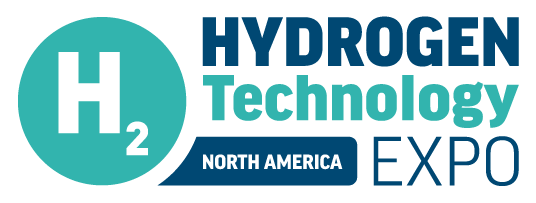
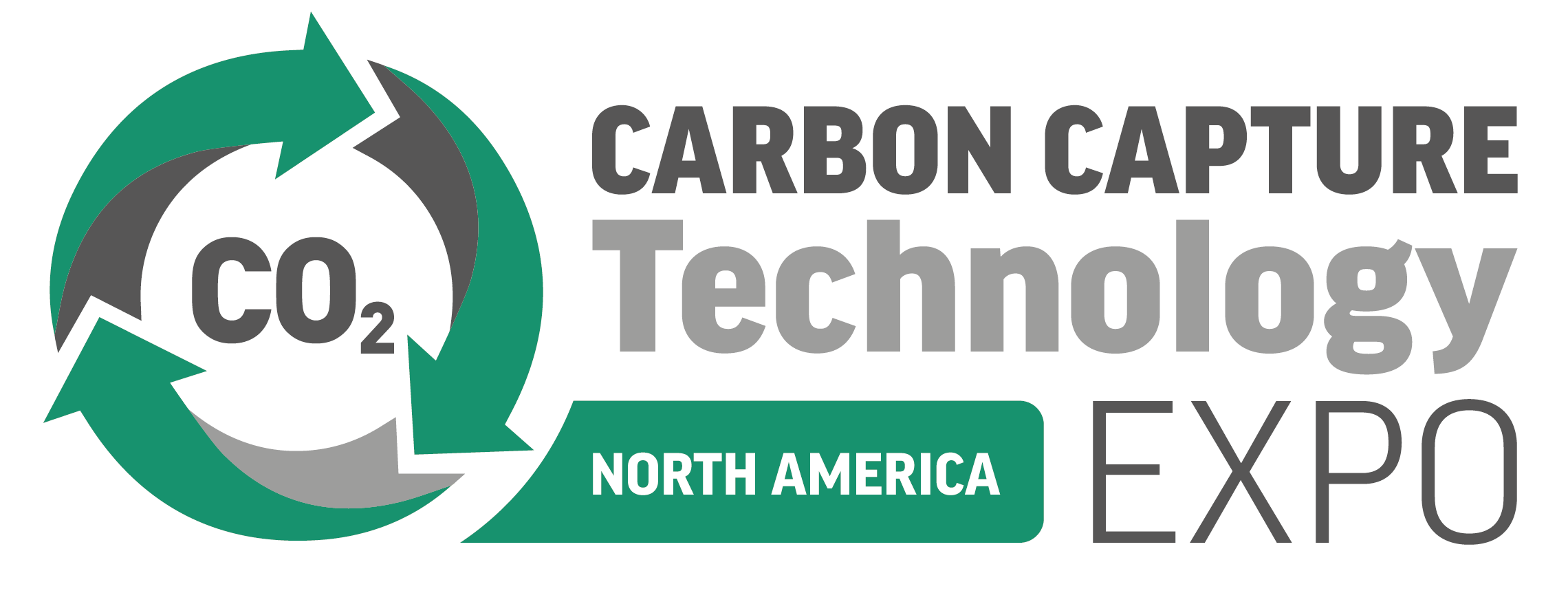
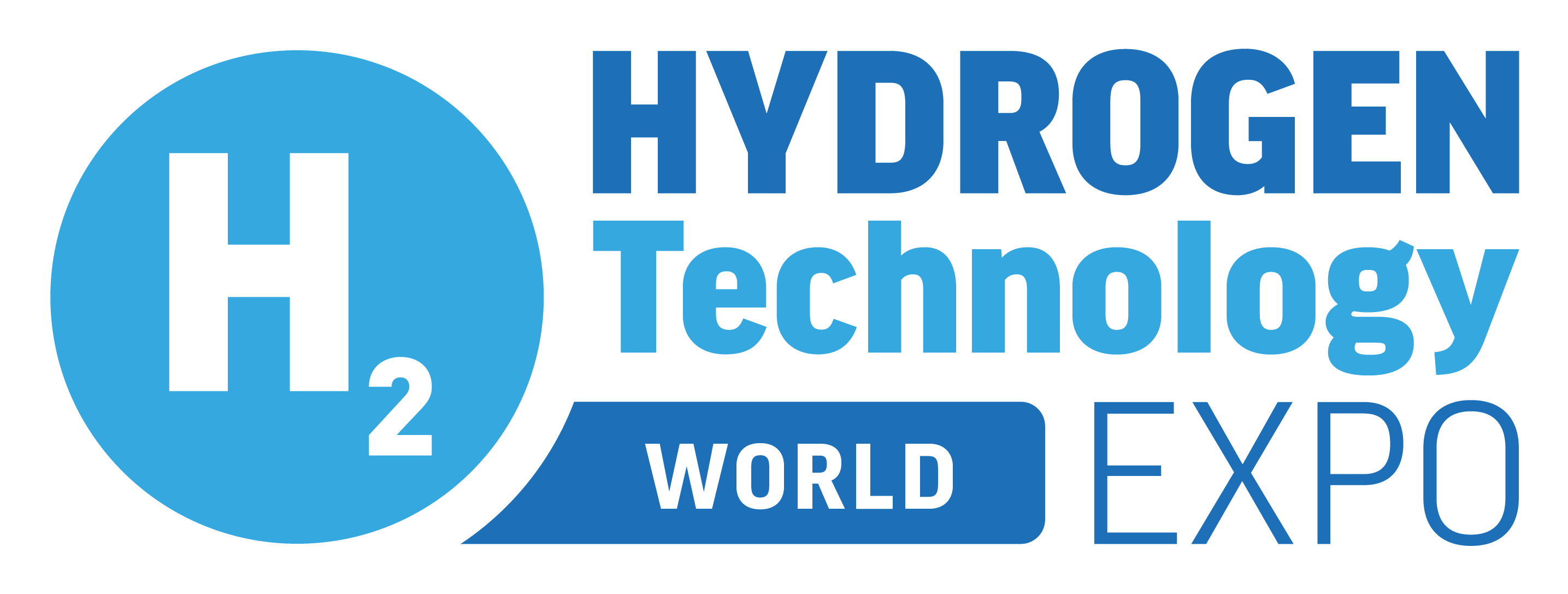



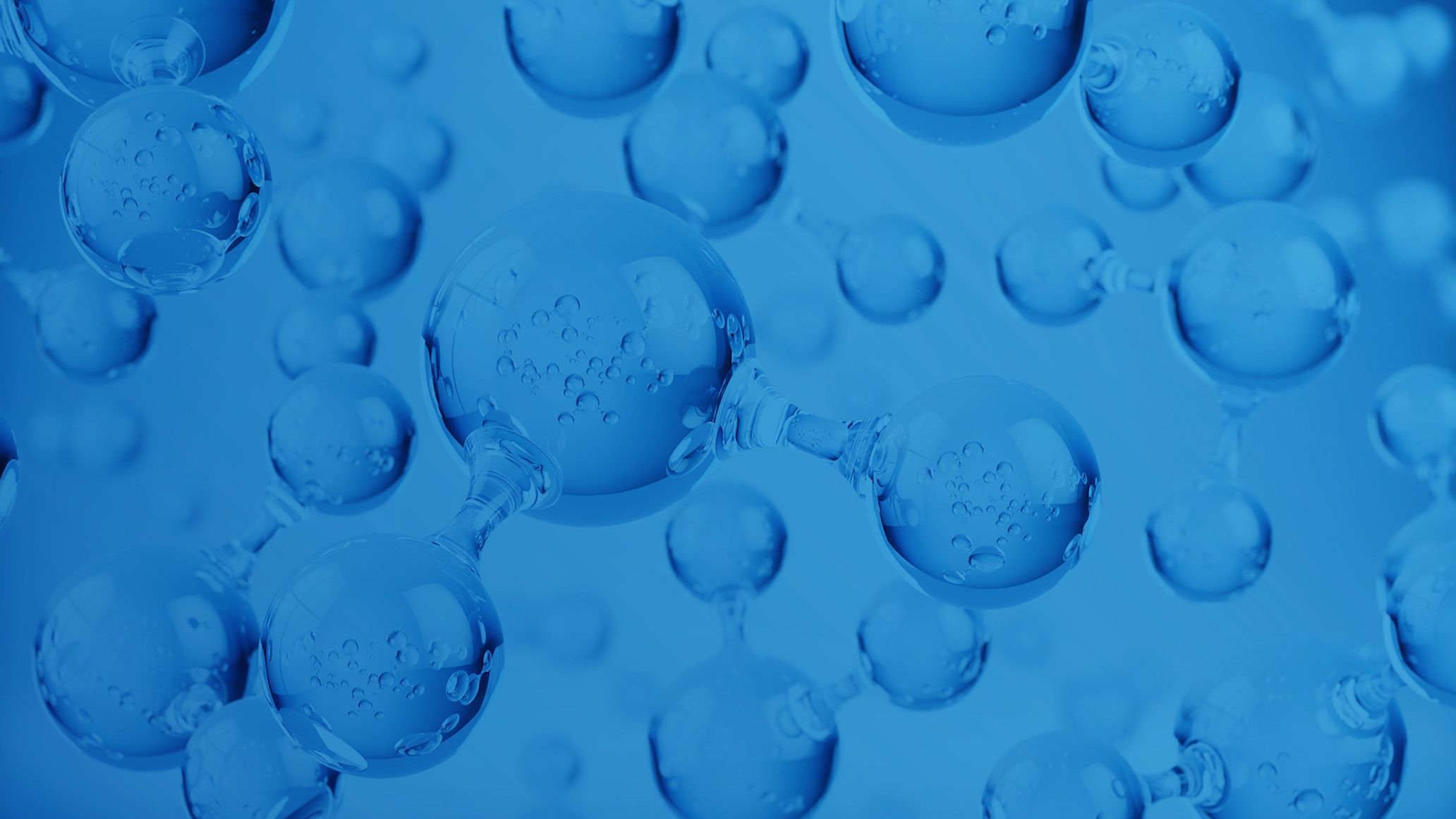
)
)
)
)
)
)
)
)
)
)
)
)
)
)
)
)
)
)
)
)
)
)
)
)
)
)
)
)
)
)
)
)
)
)
)
)
)
)
)
)
)
)
)
)
)

)
)
)
)
)
)
)
)
)
)
)
)


)
)
)
)
)
)
)
)
)
)
)
)

)
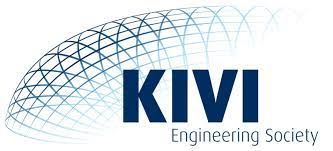
)
)
)

)
)
)
)
)
)
)
)
)

)
)
)
)

)
)
)
)
)
)
)
)
)
)


)

